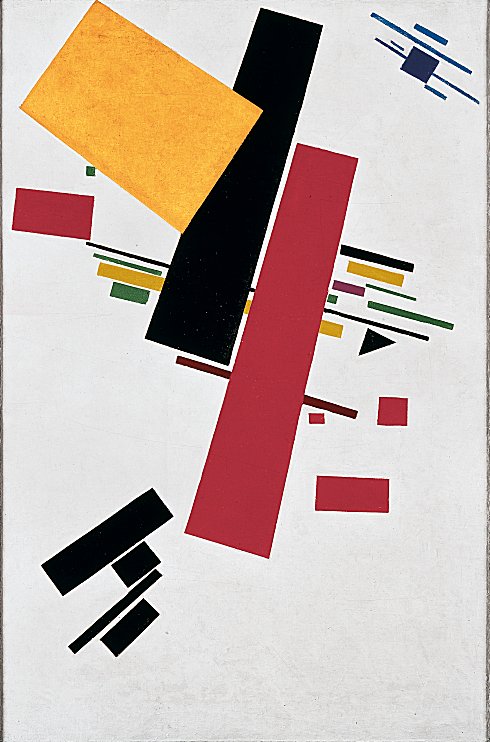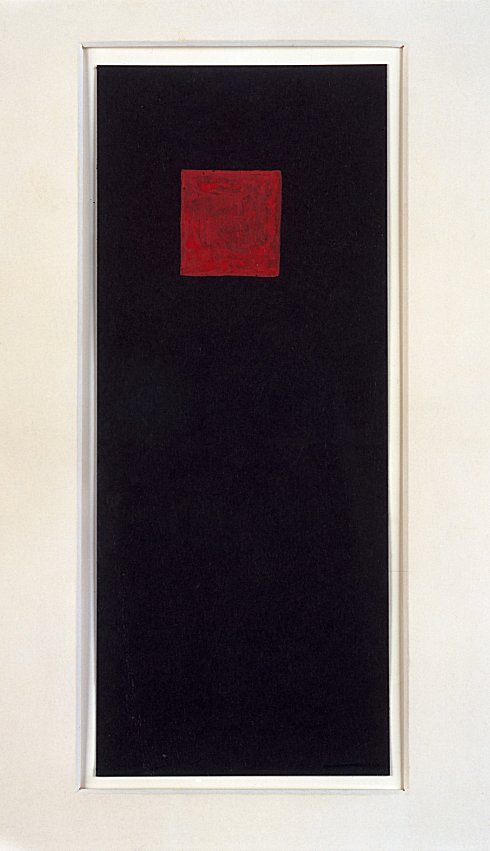Museum Ludwig Köln: Kazimir Malevitsch and Suprematism

Museum Ludwig Köln
Kazimir Malevitsch and Suprematism
in the Ludwig Collection
5 February – 22 August 2010
After the exhibition “A Slap in the Face of Public Taste. Cubo-Futurism and the Rise of Modernism in Russia” Museum Ludwig contin-ues its project series on the Russian avant-garde with a cabinet exhibition of its Malevich collection. This is one of the largest collections worldwide of Malevich’s work and will be shown for the first time in nearly twenty years. The approximately fifty graphic works, four paintings and one sculpture from all periods of his work afford viewers an insight into the artist’s development from figurative art to abstraction and back again to figuration. As part of the exhibition preparations, our restorers subjected the four paintings to an art-technological examination. Ten suprematist works by artists from Malevitsch’s circle, Ekaterina Bugrova, Ivan Kliun, Nina Kogan, Liubov Popova, Kliment Redko, Nikolai Suetin and Ilya Chashnik, will complement the exhibition and demonstrate Malevich’s influence on his contemporaries.
The concept of Suprematism denotes both abstract composition using pure shapes as well as Malevich’s own theory of pure abstraction in art; for him, this implies “everything that goes beyond what has to this date been created in art”.
The focal point will be the presentation of the two paintings from his Suprematist period, “Supremus No. 38” from 1916 and “Suprematist Composition” from 1915. The latter underwent substantial restoration for the exhibition and both paintings were subjected to an art-technological examination. The findings will be comprehensively documented as part of the exhibition.

On the basis of the results of the examinations carried out (UV, infrared, X-ray) and based upon the history of the paintings (exhibitions; change of owner; earlier restoration measures), the state of preservation of the paintings as they are today, and also how they were created, will be rendered visible. From detailed close-ups, the viewers will learn how to spot certain traits of painting technique like, for example, surface structures and brush strokes – but also the impact restoration can have on the appearance of the paintings. In preparation the exhibition, also numerous works on paper by Malevich were restored.
Like the paintings in the collection, the drawings by Malevich too stem from various periods of his work, from his beginnings around 1903 to his famous invention and development of (abstract) Suprematism all the way to his return to figuration. This change of course in his later work has only recently become the subject of art historical research. The extensive Ludwig Collection is ideally suited to the exploration of abstraction as well as figuration. The public will be able to trace and comprehend the development of Malevich’s work. The confrontation of his early concrete works with his later ones makes a unique comparison possible.

A catalogue which documents the complete findings of the art technological examinations and features further scholarly essays on Malevich will be published in April 2010 with the support of the Friends of the Wallraf Richartz Museum and the Museum Ludwig e.V.
With over 800 works, the Museum Ludwig is home to one of the world’s largest collections of the Russian avant-garde. In May 2009, a se-ries of exhibitions started which highlights new aspects of the col-lection and its main emphases. The series goes hand in hand with in-tensive research into the techniques used in the works, the picture frames and the dates. Curator of the series is Katia Baudin, the deputy director of Museum Ludwig, with Emily Joyce Evans acting as assistant curator. Petra Mandt worked on the art technological examinations and their documentation.
![]()
fleursdumal.nl magazine
More in: Constructivism

